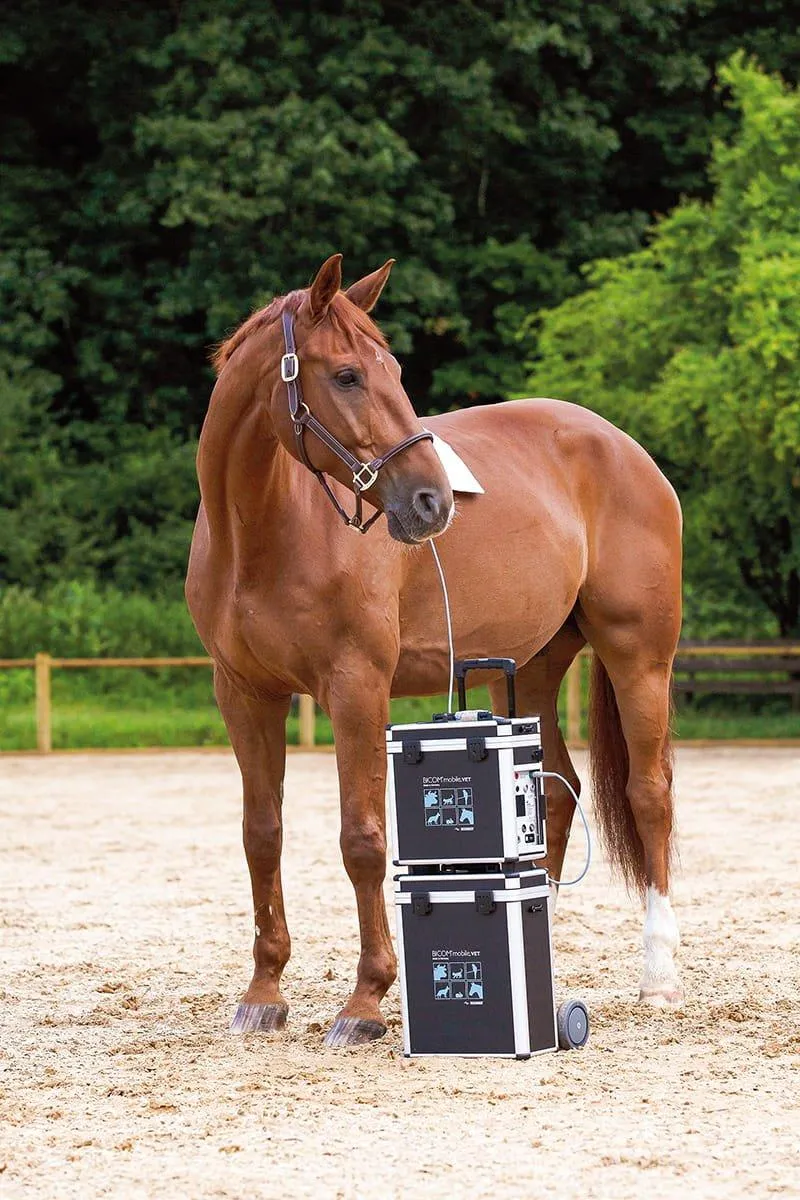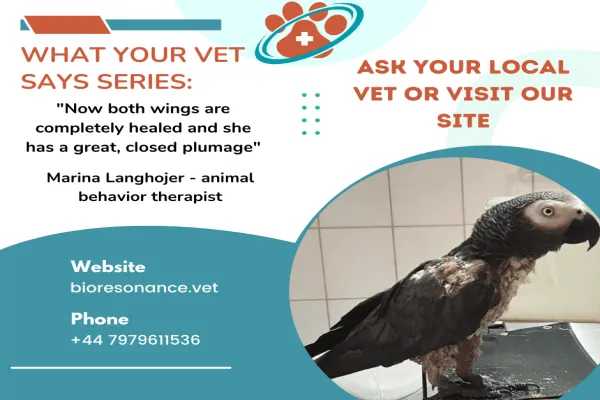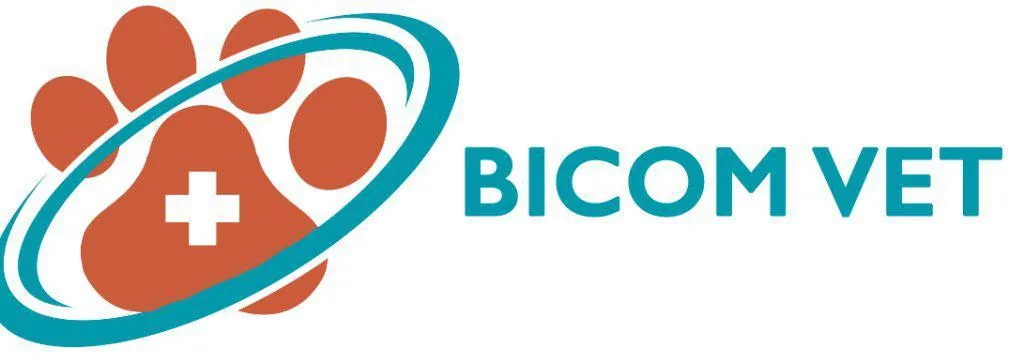Welcome to our veterinary page!
in this section, you can discover what bioresonance therapy is and how it can be a useful tool to enhance your veterinary practice.
Bioresonance therapy is an alternative treatment method that uses electromagnetic frequencies to address imbalances in the body. When applied to animals, it can help to alleviate a range of health conditions by promoting natural healing processes. This non-invasive therapy is gaining popularity among pet owners who are looking for safe and effective ways to support their animal’s well-being. Learn more about bioresonance therapy for animals and how it may benefit your furry friend.
Bioresonance has long been used to identify and target the root cause of a variety of health problems in people. More recently, this technology has also been applied to pets and other animals with much success. BICOM® bioresonance therapy can be used in the treatment of various types of animals, including, Dogs, Cats, Horses, Rodents, Birds and more.



Would you like to know more?
A range of experiences, research and scientific studies into the efficacy of bioresonance treatment can be found on our Blog section. This is where you can view the latest findings and articles about therapy with the BICOM® or browse the article archives.
You can also learn more about the features of the specific devices in the BICOM® range through our therapy machine page. This can help you to see which product will suit you, your clients and your practice best.

17 year old parrot (African Grey) with massive skin necrosis
Custom HTML/CSS/JAVASCRIPT
When the parrot lady was introduced to me in the practice, she had just come out of the special clinic with urgent advice for euthanasia. The parrot suffered from massive underwing eczema with black necrotic skin down to the bone and also severe automutilation (plucking problem).
During testing we found contamination from Staphylococci, Penicillium and Aspergillus. Already after the second bioresonance treatment, her behavior changed for the better. She took in food again as usual, plucked significantly less and the underwing eczema began to dry up. After a total of six bioresonance treatments, scar tissue had formed under the wings and she made her first attempts at flight.
In order to keep the scar tissue elastic and to stabilize the psyche (pulling problem!), two more bioresonance treatments followed at monthly intervals. Now both wings are completely healed and she has a great, closed plumage. The “patient” can now fly again, with the result that her master has had to get her off the garage roof several times!
AUTHOR
Marina Langhojer
Animal healer, additional training as an animal behavior therapist, animal physiotherapist, animal osteopath, animal chiropractor; certified animal nutritionist.
Regular advanced training courses at the Chair of Anatomy, Histology and Embryology at the Ludwig-Maximilians-University in Munich.

Facebook
Instagram
Mail